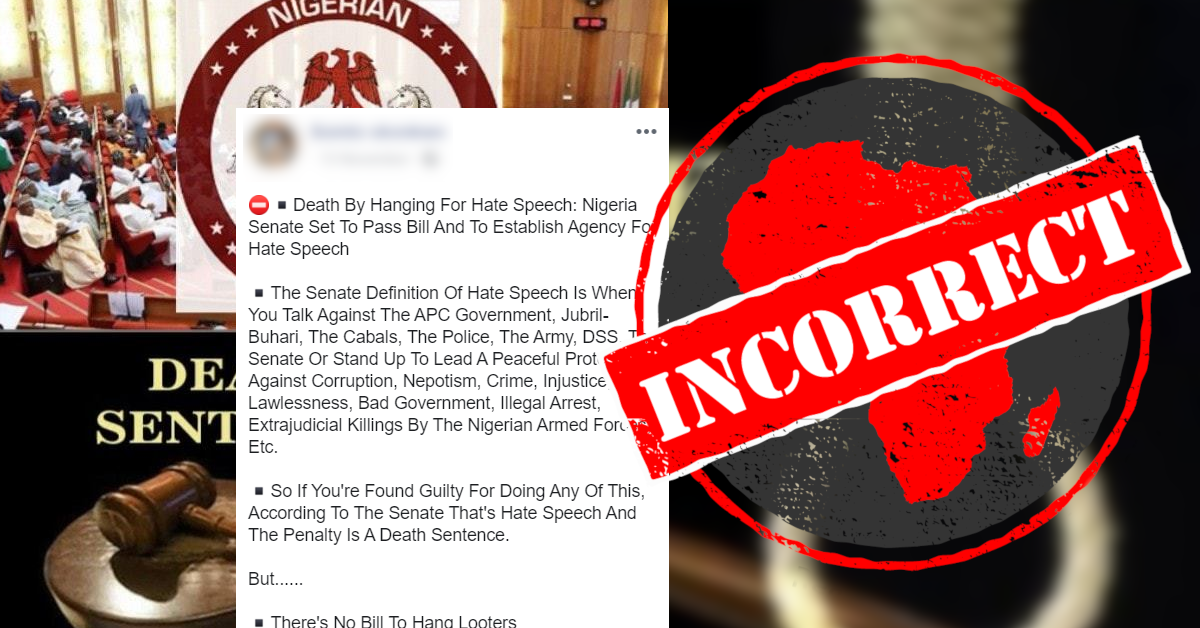

"This volume brings a whole range of colours in the black-and-white debate on technologies and participatory society. Sports and Hate Speech Messages on Instagram: The Case of Seville FC in the Spanish LeagueĪlberto Monroy-Trujillo, Graciela Padilla-Castillo and Francisco Cabezuelo-Lorenzo
Hate speech tv#
Orientalism and the Mass Media – A Study of the Representation of Muslims in Southern European TV Fiction: The Case of Spanish Prime-time TV SeriesĬristina Algaba, Beatriz Tomé-Alonso and Giulia Ciminiġ6. The Asylum-Seeker Discourse Fed by Political Polarization in Turkey: A Twitter-Based Analysisġ5. Hate Speech as a Media Practice: The Portray of Haters and Polarization in The Internet Warriorsġ4. Nico Carpentier, Vaia Doudaki, Ali İhsan Akbaş and Tianyi Wangġ3. Countering the Stigma of Homeless People: The Swedish Street Paper Situation Sthlm as a Counter-Hegemonic Voice for the Rehumanisation of Homeless People Part III: Hate Speech in the Social, Traditional and Community Mediaġ2. Hate Speech and Social Polarization in Brazil: From Impeachment to Bolsonaro Barragán-Romero and Maria Elena Villarġ1. Anti-Immigrant Hate Speech as Propaganda: A Comparison Between Donald Trump and Santiago Abascal on TwitterĪna I. Gülüm Şener, Hakan Yücel and Umur Yedikardeşġ0. Towards a New Left-Populist Rhetoric in Turkey: Discourse Analysis of Imamoğlu's Campaign Juan Antonio Marín Albaladejo and João Figueiraĩ. The Public Debate on Twitter in the Iberian Sphere: Comparative Analysis of the Characteristics in Portugal and Spain

Discursive Construction of Affective Polarization in Brexit Britain: Opinion-Based Identities and Out-Group DifferentiationĨ. Laura Cortés-Selva and Susana Martínez-Guillemħ. Blessed Be the Fight: Misogyny and Anti-Feminism in The Handmaid’s Tale ‘There Ain’t No Rainbow in the ‘Rainbow Nation’: A Discourse Analysis of Racial Conflicts on Twitter Hashtags in Post-Apartheid South AfricaĦ.

Part II: Political and Ideological Polarizationĥ. Hate Speech and Deliberation: Overcoming the “Words-That-Wound” Trap Echo Chambers? Filter Bubbles? The Misleading Metaphors That Obscure the Real ProblemĤ. How Did We Get Here? The Consequences of Deceit in Addressing Political Polarizationģ. Part I: Contextualizing the Participatory Society: Metaphors for Polarization and Hate SpeechĢ. Marta Pérez-Escolar and José Manuel Noguera-Vivo Introduction to the Dilemmas and Struggles of Participatory Society Offering thoughtful and much-needed analysis, this collection will be of great interest to scholars and students working in communication studies, media studies, journalism, sociology, political science, political communication and cultural industries.ġ. The diverse case studies herein offer insights into international news media, television drama and social media in a range of contexts, suggesting an academic frame of reference for examining this emerging phenomenon within the field of communication studies.
Hate speech Offline#
The book brings together an international team of experts, enabling a broad, multidisciplinary approach that examines hate speech, dislike, polarization and enclave deliberation as cross axes that influence offline and digital conversations. This timely volume offers a comprehensive and rigorous overview of the role of communication in the construction of hate speech and polarization in the online and offline arena.ĭelving into the meanings, implications, contexts and effects of extreme speech and gated communities in the media landscape, the chapters analyse misleading metaphors and rhetoric via focused case studies to understand how we can overcome the risks and threats stemming from the past decade’s defining communicative phenomena.


 0 kommentar(er)
0 kommentar(er)
